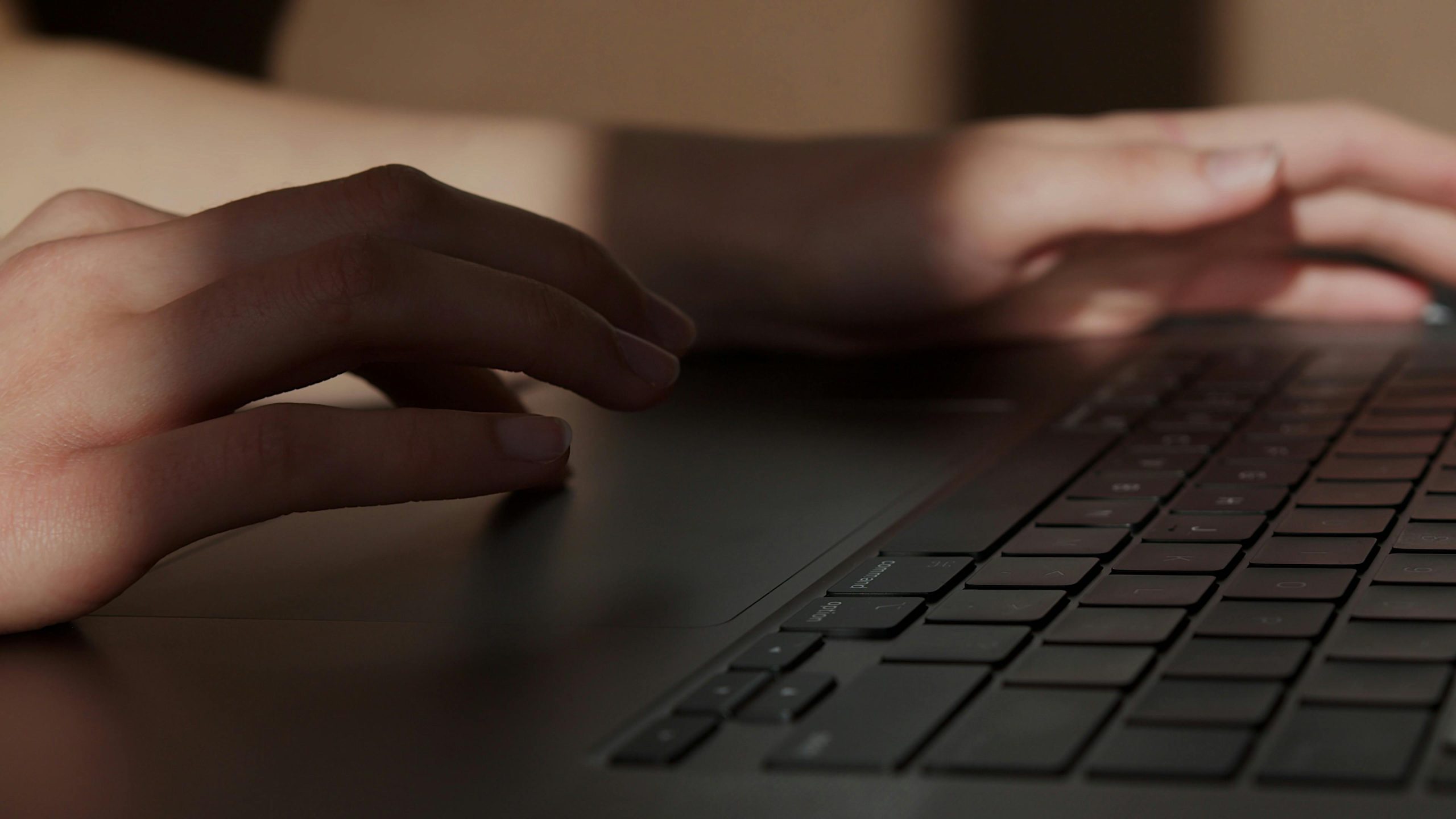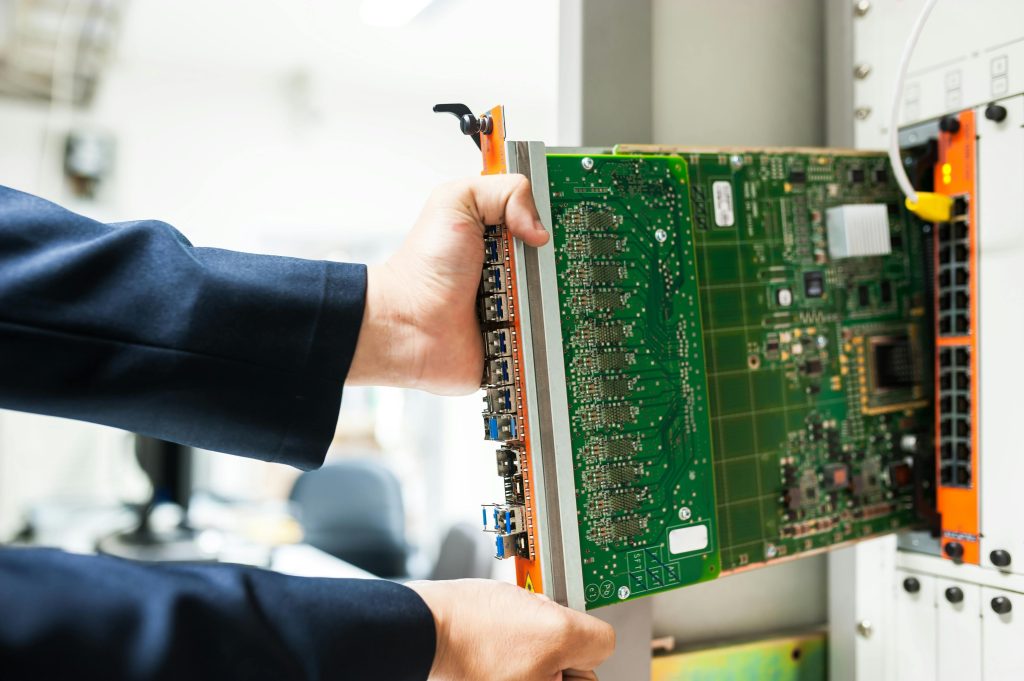Troubleshooting PC Lag After Prolonged Use: Common Causes and Solutions
Have you ever found yourself deeply engrossed in a video game or a design project, only to suddenly experience significant lag or unresponsive applications after hours of use? If so, you’re not alone. Many users have reported similar issues, often characterized by frame rate drops, freezing apps, and even unexpected monitor disconnections during demanding tasks.
Understanding the Problem
For individuals who frequently use resource-intensive programs, such as design software or video games, performance hitches can be frustrating and disruptive. While overheating might initially seem like the culprit, it’s important to recognize that lag can persist even when your system’s temperature is within a normal range.
Over time, various components of your PC can wear down or suffer from strain due to heavy use. This wear and tear can lead to performance issues which may not be immediately obvious. Here are a few potential causes and steps you can take to diagnose and remedy the situation.
Possible Causes of Lag
-
Overheating Components: While you noted that lag occurs even at normal temperatures, it’s still wise to check the thermal performance of your CPU and GPU. Dust accumulation in fans, inadequate cooling, or dried-up thermal paste can lead to overheating even if the temperature monitoring software indicates otherwise.
-
Memory Limitations: Running multiple applications simultaneously can overwhelm your RAM. If your computer has limited memory, consider upgrading your RAM or optimizing your workflow to reduce the number of active applications.
-
Hard Drive Health: An aging hard drive, especially traditional HDDs, can significantly impact your system’s performance. Solid State Drives (SSDs) typically offer much faster data access speeds. Check for disk errors and consider migrating your system to an SSD if applicable.
-
Graphics Card Performance: If you’re experiencing frame drops specifically while gaming, your graphics card may be struggling to keep up with demands. Ensure drivers are up-to-date and consider cleaning the GPU to improve performance or, if necessary, upgrading to a more powerful model.
-
Software Glitches: Sometimes, the issue lies in the software itself. Unresponsive applications may be due to bugs or compatibility issues. Ensuring that your software is updated and periodically restarting your applications may help alleviate these lags.
Troubleshooting Steps
To effectively tackle the lag you’re facing, consider the following troubleshooting steps:
- Monitor Resource Usage: Use task management tools to observe CPU, GPU
Share this content:




Thank you for sharing your concerns regarding system lag after prolonged usage. Based on your description, here are some technical steps you can take to diagnose and potentially resolve the issue: